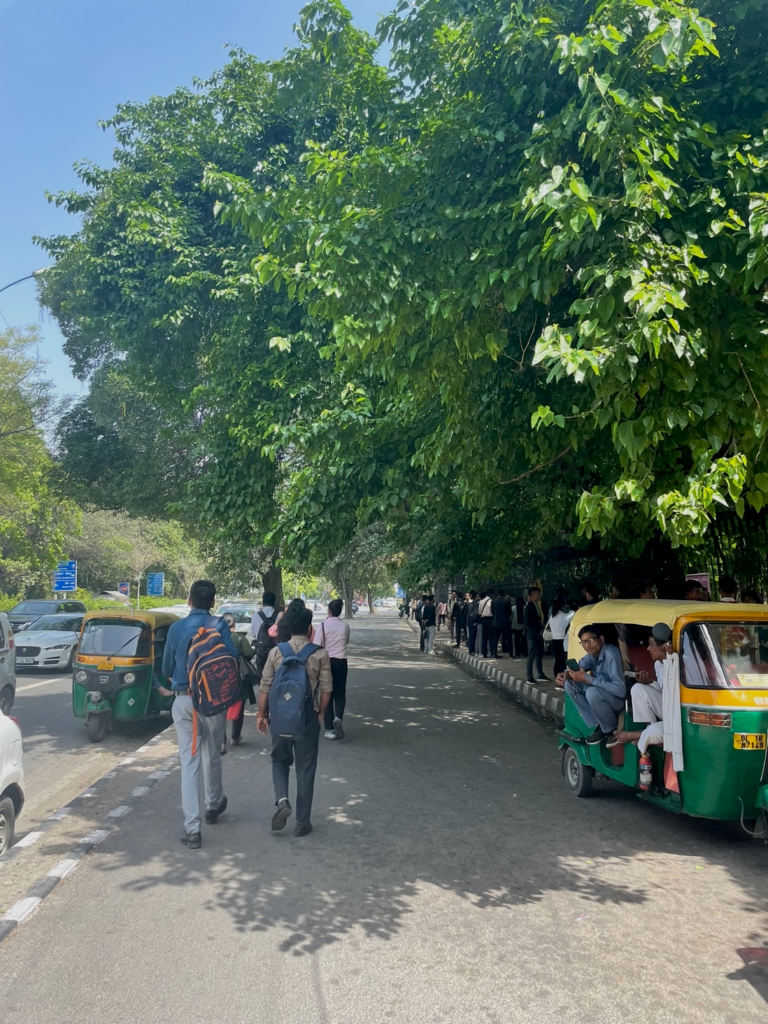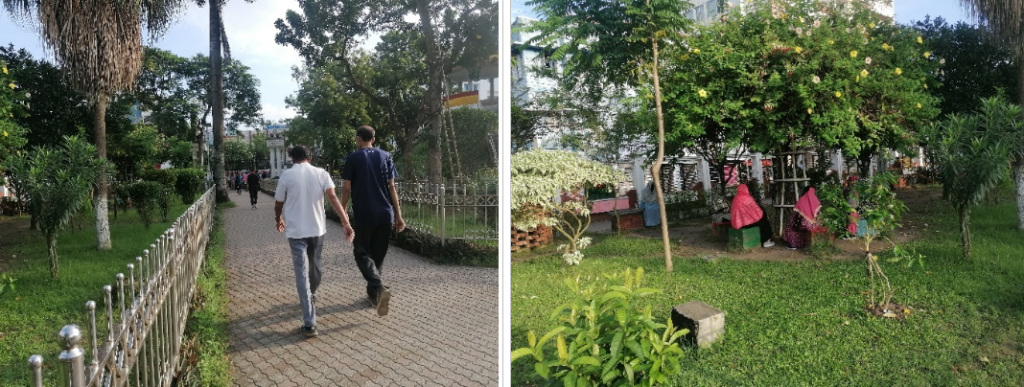City Know-hows

We highlight the beneficial interactions of “sensescapes”, the combination of soundscapes and natural landscapes, on psycho-physiological health. Our work shows the significance of interdisciplinary urban design and planning in harnessing these benefits – to enhance health and urban sustainability through the integration of nature’s influences on the body and mind.
Share
Target audience
Architects and landscape architects, healthcare practitioners, city planners, environmental practitioners, urban designers, and policymakers.
The problem
Previous research has primarily focused on the effects of either soundscape or visual-scape, with limited studies exploring their combined impact on health, leading to a restricted understanding of their potential benefits on psycho-physiological health. Rather than merely focusing on noise reduction and aesthetic improvements, we suggest a more holistic research approach that integrates soundscape and natural landscape elements to develop theories and models for the health implications of nature-based planning in urban environments.
What we did and why
We explored the influence of soundscapes and natural landscapes on psycho-physiological health, including their interactions. We are introducing “sensescape”, a term that refers to the combined perceptual impacts on an individual’s physical and mental health. Considering the rising prevalence of illnesses due to poor environmental conditions in urban living; we think it is important to gain a deeper understanding of how soundscape and natural landscapes can be used to promote health through more effective policymaking for healthier cities.
Our study’s contribution
We advocate better use of emerging technologies to advance urban planning strategies aimed at improving psycho-physiological health. We highlight:
Impacts for city policy and practice
Natural landscape and soundscape play a crucial role in the physical and mental health of urban dwellers. These have significant implications for community development, city health, and sustainability. As such, we propose that;
Further information
Full research article:
Soundscape and natural landscape as a design construct for improving psycho-physiological health in cities: A semi-systematic literature review by Timothy Onosahwo Iyendo, David Welch, and Patrick Chukwuemeke Uwajeh.
Related posts

Examining the urban environment is critical for enhancing mental well-being, necessitating the identification of relevant indicators to inform strategic interventions aimed at improving mental health outcomes.

Our study analyzes the impact of COVID-19 on Hong Kong’s progress towards achieving the Sustainable Development Goals. The study identifies four SDGs that stood out with significant impacts from the pandemic. We offer valuable and transferable insights for policymakers and stakeholders involved in pandemic recovery and sustainable development efforts.

Public open spaces (e.g., parks, sports fields) are important for people to be physically active. However, previous studies, mostly conducted in Western countries, show that people are predominantly sedentary in such spaces. We found that public open space users were more active in Asia, suggesting a potential contribution of such spaces to people’s health.